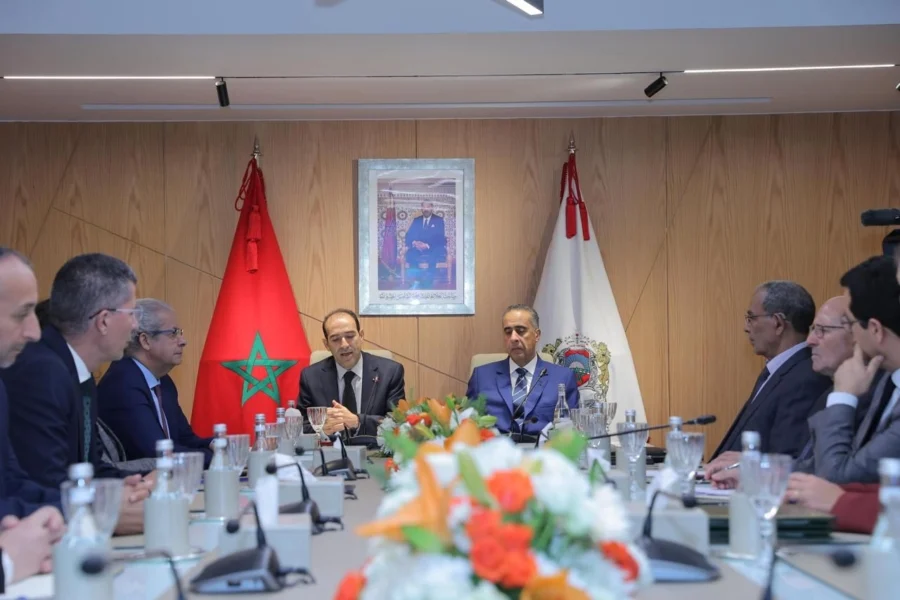A new chapter in Morocco’s fight against corruption began Tuesday in Rabat, where a strategic cooperation agreement was signed between the National Authority for Probity, Prevention and the Fight against Corruption (INPPLC) and the security cluster that includes both the General Directorate of National Security (DGSN) and the General Directorate for Territorial Surveillance (DGST). Far from being a routine protocol, the agreement represents a major policy shift aimed at unifying forces across institutions to confront corruption with both precision and resolve.
Signed by Abdellatif Hammouchi and Mohamed Benalilou, the deal signals more than just a technical partnership. It reflects a broader institutional alignment, driven by strong political will to create a coordinated and robust front against one of Morocco’s most persistent challenges. The objective is twofold: to harness the preventive capabilities of the INPPLC and the investigative power of Morocco’s top security agencies in order to mount a unified response that is both proactive and punitive.
The roots of this agreement trace back to discussions held on July 4, and it stems from a shared understanding that combating corruption effectively requires more than isolated efforts. The INPPLC’s ability to handle complaints and process corruption reports depends heavily on its coordination with law enforcement. This partnership is intended to ensure that investigations are conducted rigorously, within the bounds of the law, and with full respect for fundamental rights.
Under the terms of the agreement, the institutions will pool resources to strengthen investigative capabilities, share critical information, and collaborate on training initiatives. They also plan to develop early warning systems, map out national corruption risks, and foster a culture of integrity across professional sectors. A significant focus will be placed on prevention, with tools designed to identify vulnerabilities before they turn into systemic problems.
In addition, the INPPLC will lend its expertise to help the DGSN-DGST cluster implement Morocco’s international anti-corruption commitments. In return, the authority will gain access to advanced technical systems tied to the country’s new generation of national ID cards, within the limits of legal safeguards.
But this partnership is not just about reinforcing existing practices. It articulates a broader vision of governance—one where democratic institutions are strengthened, and public trust is rebuilt through transparency, accountability, and efficiency. It recognizes corruption not just as a moral failing, but as a direct threat to justice, economic development, and social cohesion.
This institutional alignment reflects Morocco’s strategic decision to treat corruption as a national emergency. The response is structural, rooted in constitutional obligations, and aligned with international standards—an approach shaped by the directives of King Mohammed VI. The battle against corruption is no longer an optional reform; it is now a central pillar of Morocco’s governance strategy.
